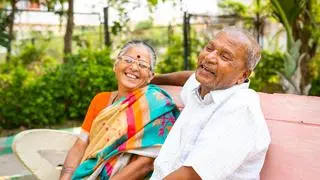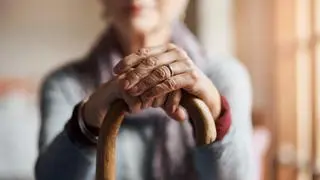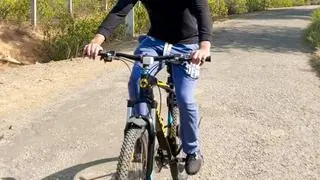Of late, cases of violence against medical establishments by aggrieved patient families are on the rise. Most of these are in emergency departments and on doctors and medical staff on duty. And quite often, they end in the medical staff going on strike, protesting the violence.
While the Indian Medical Association (IMA) supports a doctor’s right to protest, it should not be at the cost of patients. Under no circumstance should emergency services be disrupted. But the IMA also feels that the administration and the government should be taken to task for allowing the situation to get out of hand.
In a recent survey, the IMA found that over 75 per cent of doctors had faced mental or physical violence at least once. In another recent survey of 1,246 patients, the IMA found that 70.4 per cent of them expect their doctors to tell their patients about themselves, 90.1 per cent want doctors to listen to them in great detail during the first consultation, 80.4 per cent want the doctor to explain in detail about the drugs, investigations and the treatment, and 39.4 per cent expect the doctor, too, to say ‘thank you’ to them.
These expectations from the patients are impossible to meet, given the doctors’ workload. Most resident doctors work more than the allotted hours, often for 36 hours at a stretch. India today needs twice as many doctors as are available, three times as many nurses and four times as many paramedics.
Besides, there has been a paradigm shift in the expectations of patients too. Earlier, patients had full faith in their doctor; today, they want to be involved in every medical decision made. Gone are the days when doctors used to take decisions by assessing the risk on behalf of the patients.
There was a time when doctors were treated as gods. Doctors are expected to maintain their cool at every stage, even when patients and their relatives are in acute distress or in emergency situations. Even if patients misbehave, or give way to road-rage type of violence, doctors are expected to treat them calmly, and not react to the provocations.
The Supreme Court has ruled that in emergency situations, any mistake committed by a doctor may not amount to negligence.
In any case, there is little or no justification for the public to take the law into their own hands.
The protection provided by the state to doctors needs to be strictly implemented and a Central law to enforce this should be enacted at the earliest.
In any case, medical establishments need to deploy security at their clinics and hospitals. They are high-risk zones as they are likely to encounter drug addicts, substance abusers, injured criminals running away from the police, cases of murder, rapes, child sexual abuse and so on.
One of the quick-fix solutions is to deploy CCTV camaeras mandatorily in all emergency areas and record all conversation between doctors and relatives in high-risk medical areas.
Recently, the Medical Council of India had suggested that there must be video recordings of all consent secured from patients or their relatives for the conduct of medical procedures.
Medical colleges also need to redefine their teaching in MBBS. The focus needs to be on knowledge, skill and behaviour. The lessons need to incorporate modules on humanitarian conduct, including etiquette and ethics. Sadly, however, the current focus is only on acquisition of skills and knowledge.
The writer is National President, Indian Medical Association and Heart Care Foundation of India, and is a Padma Shri Awardee. Views expressed are personal.








Comments
Comments have to be in English, and in full sentences. They cannot be abusive or personal. Please abide by our community guidelines for posting your comments.
We have migrated to a new commenting platform. If you are already a registered user of TheHindu Businessline and logged in, you may continue to engage with our articles. If you do not have an account please register and login to post comments. Users can access their older comments by logging into their accounts on Vuukle.